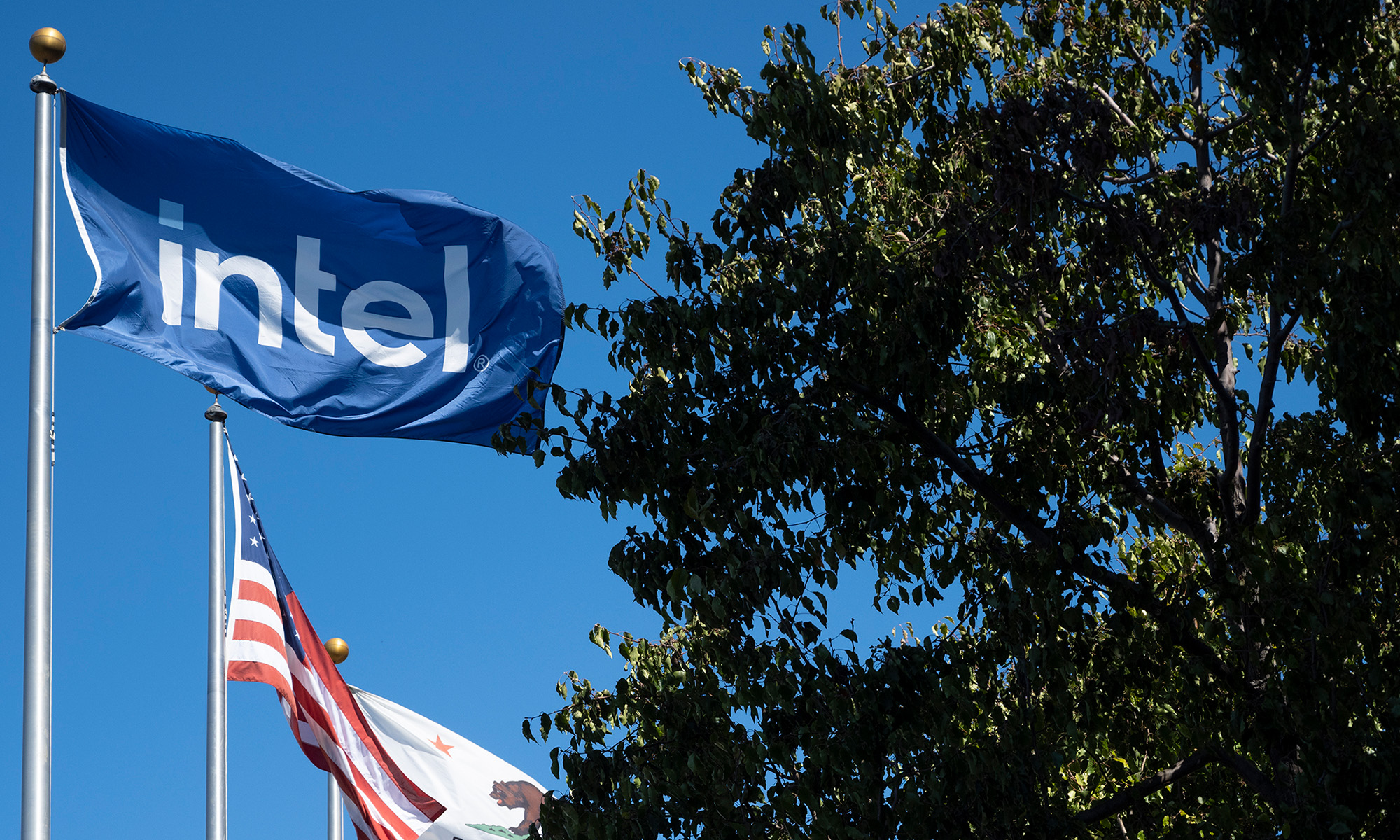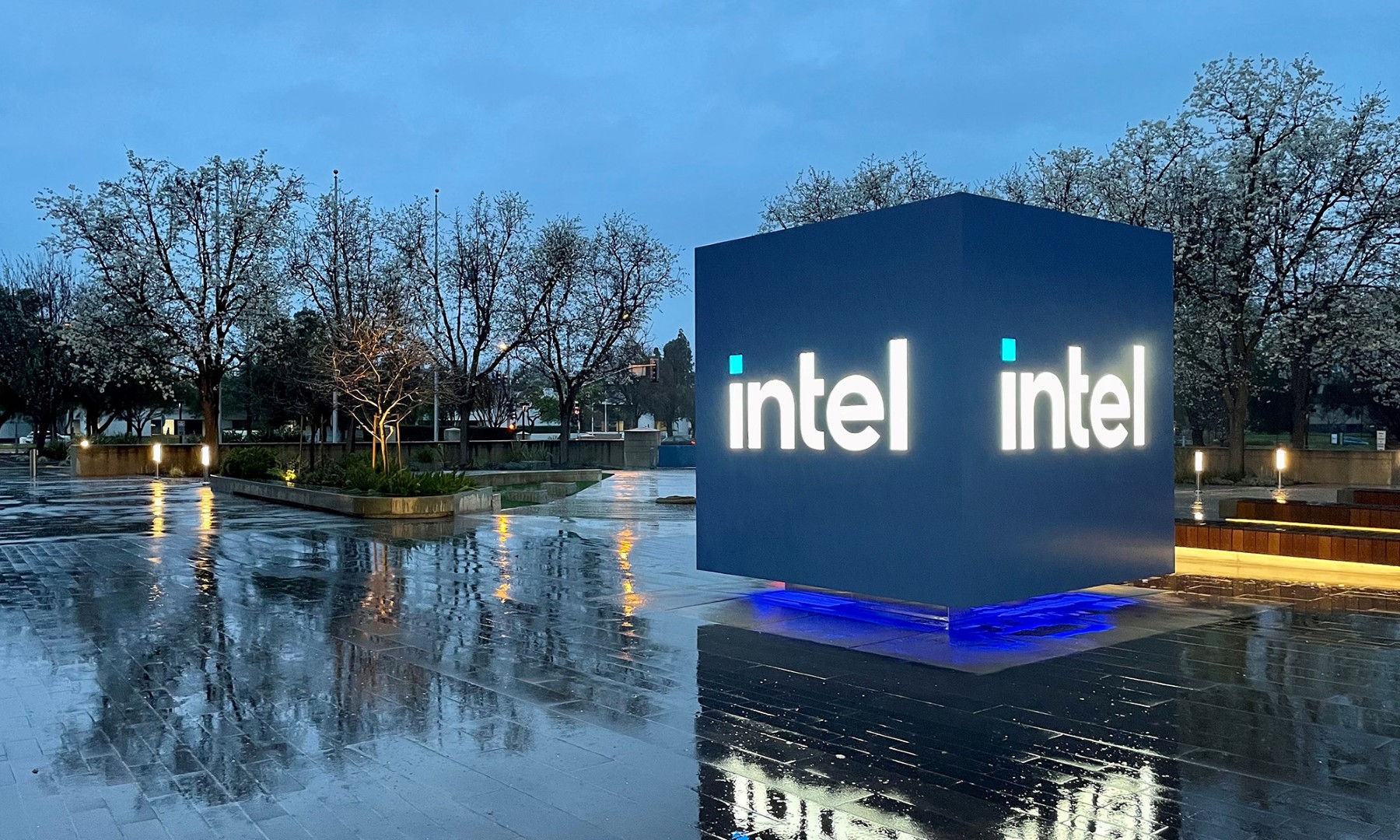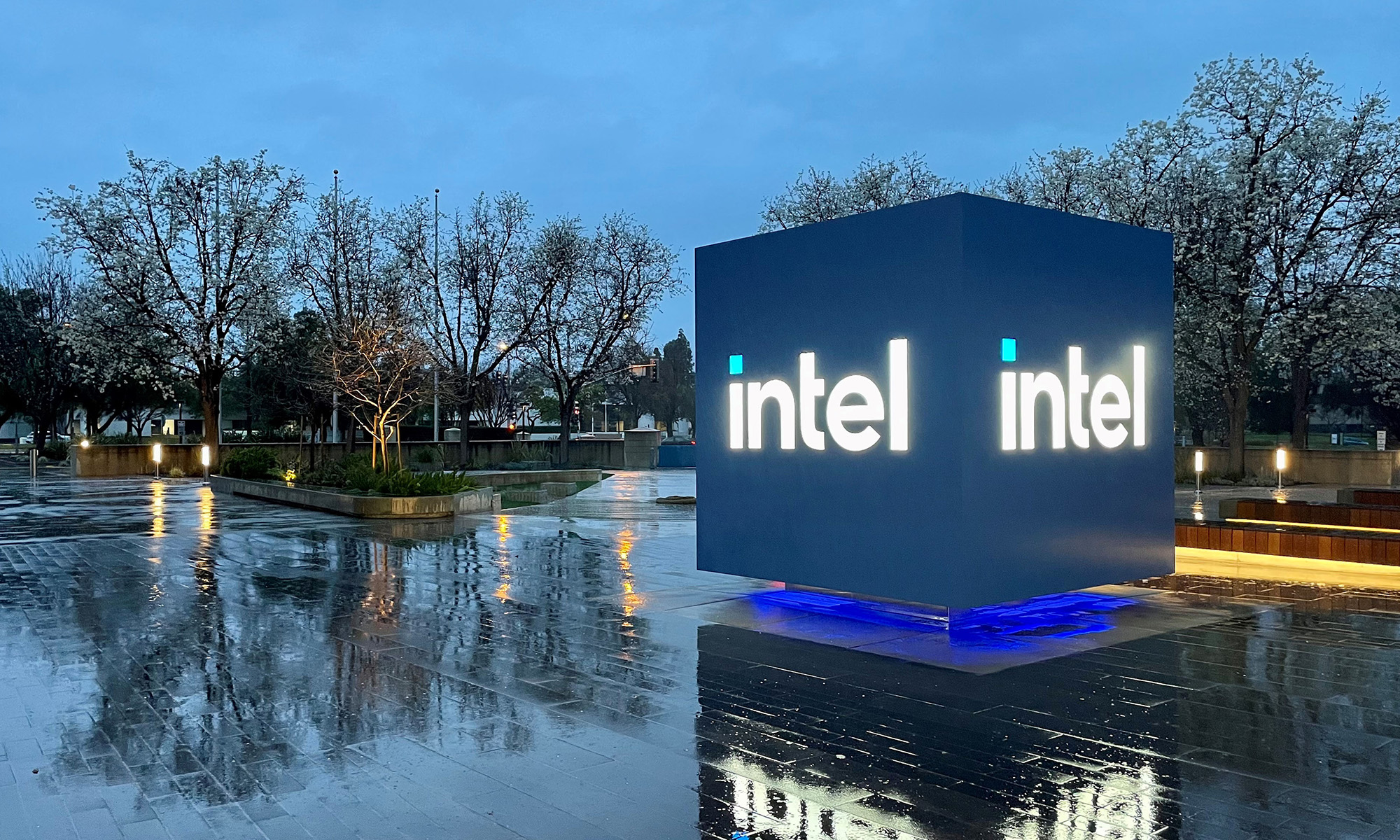No one knows where President Trump's trade war will go next.
Despite the stock market's recovery from the April "Liberation Day" crash, there are a number of high-profile companies that remain vulnerable to President Donald Trump's tariffs and any ensuing impact on the economy. Walmart, for example, just told investors it would have to raise prices on some items as the cost pressure from tariffs began in late April and accelerated in May. Home Depot, on the other hand, said it wouldn't raise prices on its merchandise but that it would stop carrying certain items.
The trade war has also affected a number of artificial intelligence (AI) stocks. Nvidia and Advanced Micro Devices, for example, had to take large writedowns because of new export restrictions on inventory that was intended for China.
While those AI stocks have seen some share price recovery, in part because of new deals with Saudi Arabia, there are other AI stocks that could have trouble recovering. Let's look at two of them.

Image source: Getty Images.
1. Apple
Because of its size and the nature of its business, Apple (AAPL +0.13%) has significant exposure to the tariffs that remain in place after the U.S. and China suspended some "reciprocal" tariffs for 90 days while the two sides negotiate a deal. Much of its manufacturing takes place in China, and the company announced on its recent earnings call that tariffs could cost it $900 million in the fiscal third quarter, the current period, as it rearranges its supply chain so that products sold in the U.S. are sourced from India. Meanwhile, it can sell China-made products in other countries where tariffs don't apply.
In addition, Apple sells largely discretionary items such as smartphones, tablets, and computers, and in the event that the trade war causes a recession or higher prices on items, consumers could pull back on spending on Apple products, delay upgrades, or trade down to cheaper alternatives if they need a device.

NASDAQ: AAPL
Key Data Points
Other than during the pandemic, which encouraged spending on tech devices, Apple has not faced a recession since the Great Recession in the early days of the iPhone, meaning it has not been tested by one since it was a much smaller company.
Similarly, China is also a major market for the company, and an extended trade war could devastate the Chinese economy. There are also fears that it could prompt a backlash against American brands such as Apple.
Apple stock is down almost 20% year to date, and it's still down almost 10 percentage points from where it was before the Liberation Day tariffs were announced, while the S&P 500 is trading roughly flat year-to-date.
In the current economic environment, it won't be easy for Apple to bounce back, and the stock could fall further if the trade war intensifies or the economy falls into a recession.
2. Intel
Intel (INTC +10.80%) has struggled for years as it missed out on the mobile transition, and it's been losing market share to AMD in PCs for years as well. Thus far, the company's push to grab a piece of the booming AI market has fallen flat. Its Gaudi 3 accelerator missed its 2024 sales target of $500 million.
The company's exposure to the trade war is mixed in some ways. It's been a major beneficiary of the CHIPS Act, having been awarded up to $7.87 billion in direct funding for chip manufacturing.

NASDAQ: INTC
Key Data Points
As the largest American chip manufacturer, Intel is also seen as a strategic interest by the government.
However, the company has significant exposure to a trade war. First, PCs are its most important business, and the product category is cyclical, related to both consumer discretionary spending and business expansion. PC sales would probably dive in the event of a global recession.
In addition, most of the world's PCs are made in China. Tariffs aren't currently in effect on computers imported from China, but that policy could change depending on how negotiations play out.
Given its struggles to turn a profit, its turnaround efforts, and its launch of its 18 angstrom process, Intel's future is hanging in the balance right now, and its capital position is much worse than its peers, since it currently has around $50 billion in debt.
While the company's direct exposure to tariffs may be more limited than other AI stocks, a trade war could cause a recession, which could be devastating for Intel given its already vulnerable position and challenges during a boom time for the semiconductor sector.





